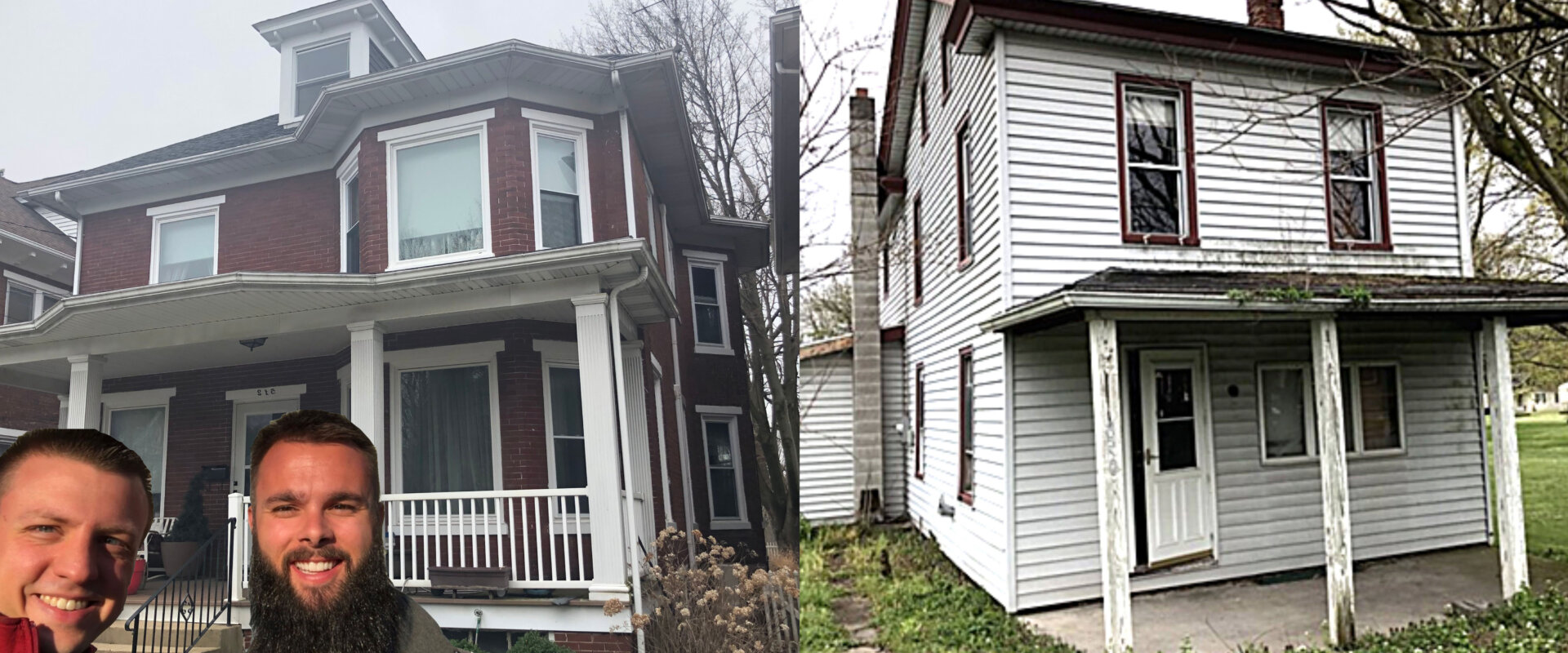When a house is listed for sale, the process that follows involves a series of interactions wherein the buyer and seller try to measure each other’s limit to arrive at the selling price that they can mutually agree on. All home sellers want to sell their house at the highest reasonable price, which seems fair to everybody. No home buyer wants to be ripped off, but they would like to buy a home for the lowest reasonable price, with a discount if possible.
Buyers who are bent on acquiring a specific home or property sometimes resort to a cash offer on a house to override all the other interested buyers. But this could be a tricky part if the buyer isn’t familiar with how to estimate the appropriate market value of a house being sold. You would need to do your homework to come up with an offer price that is reasonable enough for the seller to consider as a starting point of possible negotiations but still a bit lower than the listing price. Here are some tips on how you can make the right cash offer on a house:
- Find Out The Prices Of Recently Sold Properties
The prices of real estate in any given area would most likely be determined by the purchase prices of the most recently sold properties in the area. This is one of the factors that are taken into account by real estate appraisal companies when they compute the applicable appraisal price. In most instances, the term fair market value refers to the range of prices of the most recently sold properties within the same vicinity or location as the property being sold.
The properties to be included in computing for the applicable fair market value should only be those properties that would fall under the same comparable class or category of properties. These properties are also sometimes called comparable properties or comps. For them to consider a comparable property, appraisers make sure it’s similar to the property being sold. Appraisers often look at the condition of the property, its size, the amenities, as well as the neighborhood where they’re located.
For example, a 1,000-square-foot one-story residence with a spacious garage should more or less have the same listing price as a similar home found in the vicinity of the same neighborhood if both properties have the same features and amenities. You can also look at houses that are slightly different from the property being sold. You’ll gain some information on how slightly larger houses or smaller homes are priced differently. Pay attention to the features that make those other houses different from the property being sold, which could explain the difference.
2. Look At Comps That Haven’t Been Sold
Another source of valuable information that can help you come up with a more reasonable and fairer price is the list of comparable properties that haven’t been sold yet. There are numerous properties put up for listing but weren’t sold, at least the first time that they were listed. If nobody bought these properties, then that reflects the market’s attitude toward their features and prices. They might be priced above and beyond what the market thinks is a reasonable price for such comparable houses.
You should look at the features and prices of comparable properties that haven’t been sold, especially those that have been taken off the market. Their range of prices can give you an idea of what people consider unreasonable overpricing. Another factor that you can take into account is the reaction of the market to the supply. If there are too many of such unsold houses that can be considered comparable to what you’re thinking of buying, then their prices should be lower since the supply appears to exceed the market demand for such comps.
You can also check the inventory index of the current supply and demand situation of the housing market. This index is a measure of the length of time all the homes currently available on the market are expected to be sold. This measurement is based on the rate at which properties and homes are currently closing in terms of the number of days or weeks it takes to sell them.
3. Check Out Comps In The Market From Different Areas
You can also check out the prices of comps currently being offered in the market even though they’re from a different area. The properties you look into should be comparable to the house being sold in almost every sense except that they’re not located in the same vicinity or neighborhood.
If you have the time to do so, you might want to visit these comps to get a better idea of how their features and amenities compare with the property that you’re thinking of buying. This will give you a better sense of how you can make a fair offer price. A reasonable seller knows that they have to price their property near the prices of comparable properties so their property can stay competitive in the real estate market.
Real estate brokers and agents have access to the most up-to-date information about comparable properties or ‘comps.’ They can give you a list of the prices of properties that can be considered comparable to the property you’re thinking of buying. Another source of valuable information is properties in escrow. These are properties that are already under negotiation but the purchase and sale transaction hasn’t been completed yet.
4. Remember That Owners Who Sell Their Own Properties Tend To Overprice
You should take a little bit more time evaluating the properties listed by owners who are selling their properties. Most homeowners have a tendency to be a little bit too emotional or biased about the current value of their own homes, making them overprice their properties. These sales are also often called For Sale By Owner (FBSO) properties.
A homeowner who does an FSBO usually doesn’t take into account that they’d have to pay the real estate agent’s commission if they were to sell the property through a real estate agent or broker. This means that the price could be discounted by at least the amount that should have been paid to the real estate agent if the property wasn’t listed as FSBO.
Most FSBO sellers also don’t ask a professional real estate agent about the range of reasonable prices that they could ask for their property. Without this guidance from someone who could give an objective price, the owner is likely to overprice the property.
5. Study Market Conditions
You should also study the existing market conditions at the time that you’re going to make your offer or in the next couple of weeks when the purchase and sale are expected to be closed. Look at the prevailing trends in the housing market. Track the movements of the prices and indices of the housing market to see if, on average, prices have been going up or down recently. Moreover, it would be better if you could find information on the price movements of the market segment where the property you’re considering falls under.
Keep in mind that properties are more likely to be overpriced in a seller’s market. Conversely, housing prices tend to be underpriced in a buyer’s market. The real estate industry generally follows a boom-and-bust cycle, and you need to get a sense of where the market is currently positioned in this long-term cycle of boom and bust.
Keep in mind that properties are more likely to be overpriced in a seller’s market. Conversely, housing prices tend to be underpriced in a buyer’s market. The real estate industry generally follows a boom-and-bust cycle, and you need to get a sense of where the market is currently positioned in this long-term cycle of boom and bust.
6. Consider Any Potential Appreciation
Another factor that you should consider is the prospects of the neighborhood or location of the property you’re considering buying. The prospects in any given area will determine whether the prices of homes and properties in that area will significantly go up in the near future.
If there are planned developments in the area that have already started, then you should take those things into consideration. For example, if a nationwide chain of malls or supermarkets has already started construction work on their project nearby, this would have a positive impact on the prices of homes in the neighborhood. Other developments could be the development of a business district for offices and commercial complexes, which will certainly push up the prices of homes nearby. Public infrastructure projects such as the building of railways or metro stations will also increase the prices of the housing market.
Conversely, if business and commercial activity in the area seems to be on the decline, then this will have a negative impact on home prices. You should be on the lookout for indicators such as the state of businesses and stores in the downtown area. If a considerable number of businesses such as grocery stores and gasoline stations have been closing shop, you should take this as actual market indicators of possible changes in the amount of foot traffic in the area. This is expected to bring down the prices of properties in the area, including the housing market.
Conclusion
The price of a home for sale might seem like an arbitrary number to most people who scroll over dozens or hundreds of real estate listings looking for a good deal being offered on the market. But most sellers have a good feel for the reasonable price of their home, especially if they’ve gone over this with their real estate agent. The price is actually a very technical number that represents a wide range of factors affecting the real estate market. You need to study the things that affect the pricing of a home to be able to make attractive but fair cash price offers.
References:https://www.safehomeoffer.com/blog/who-are-the-cash-house-buyers-in-harrisburg-pa/


